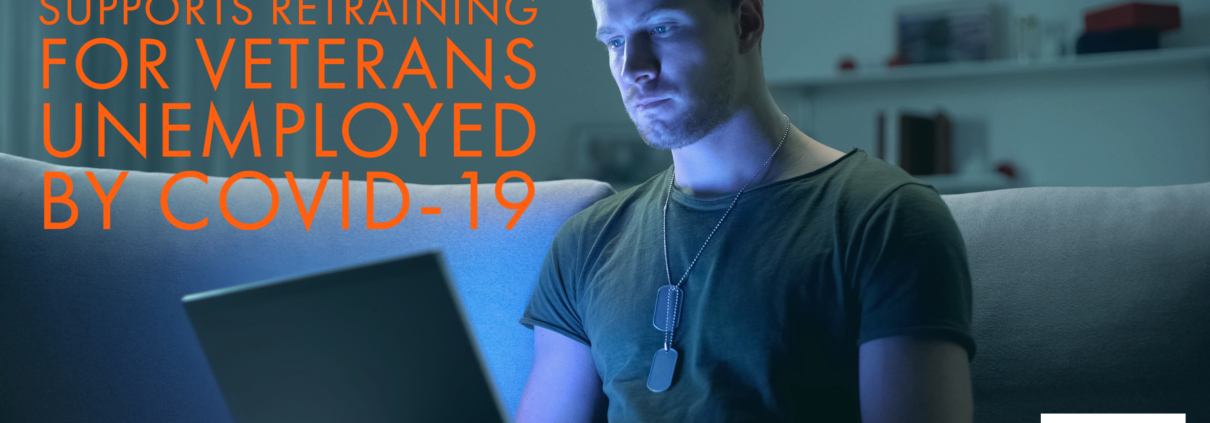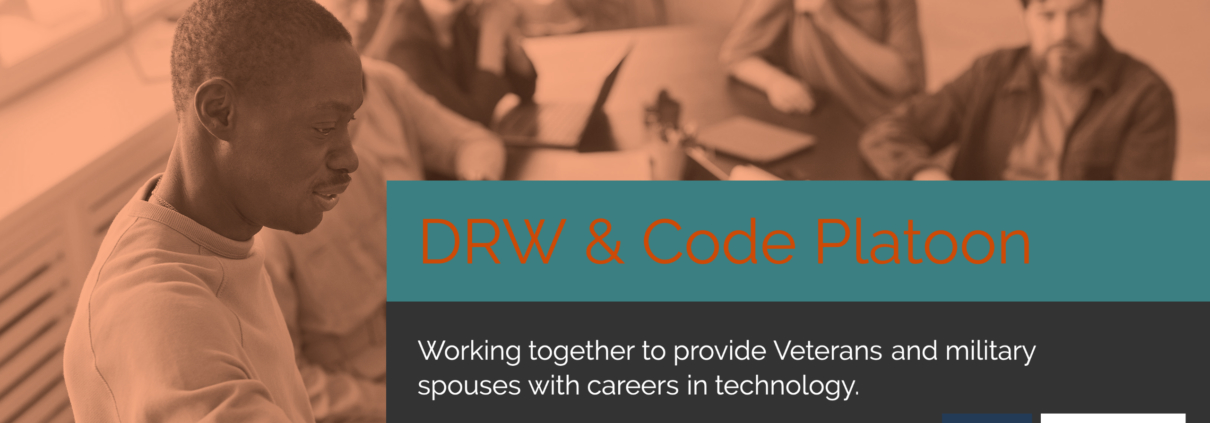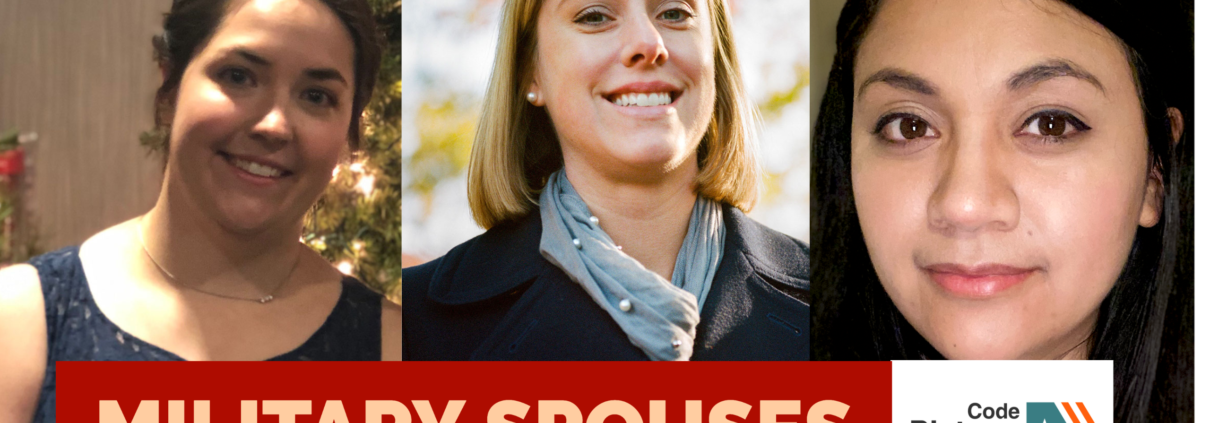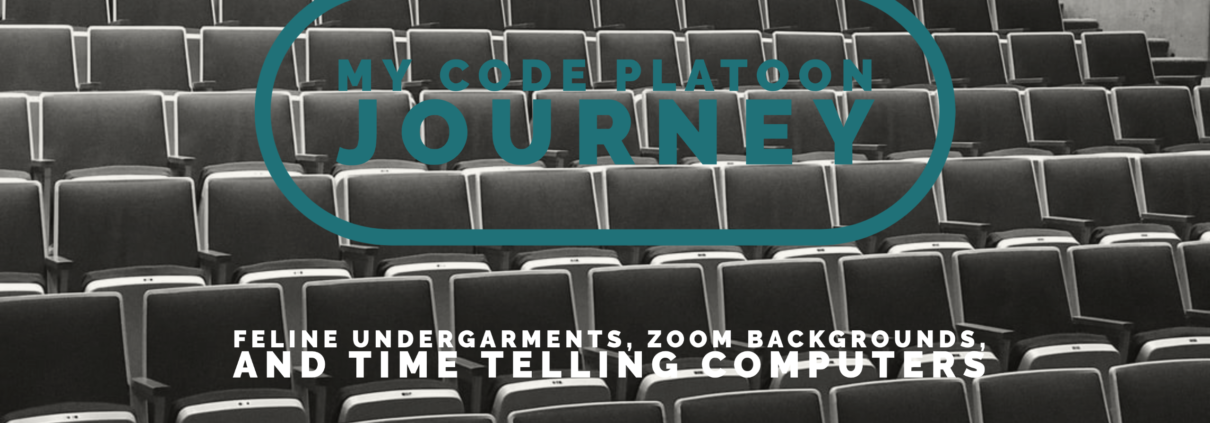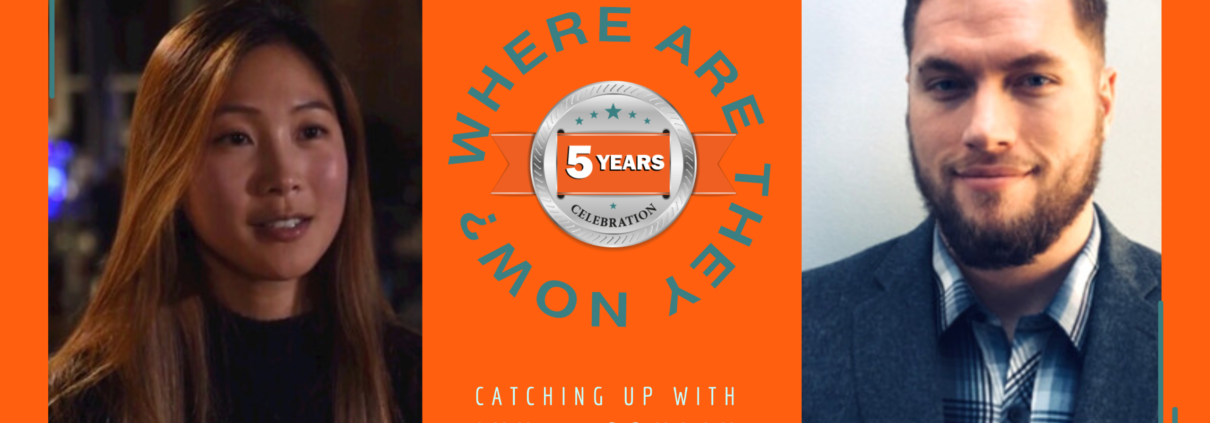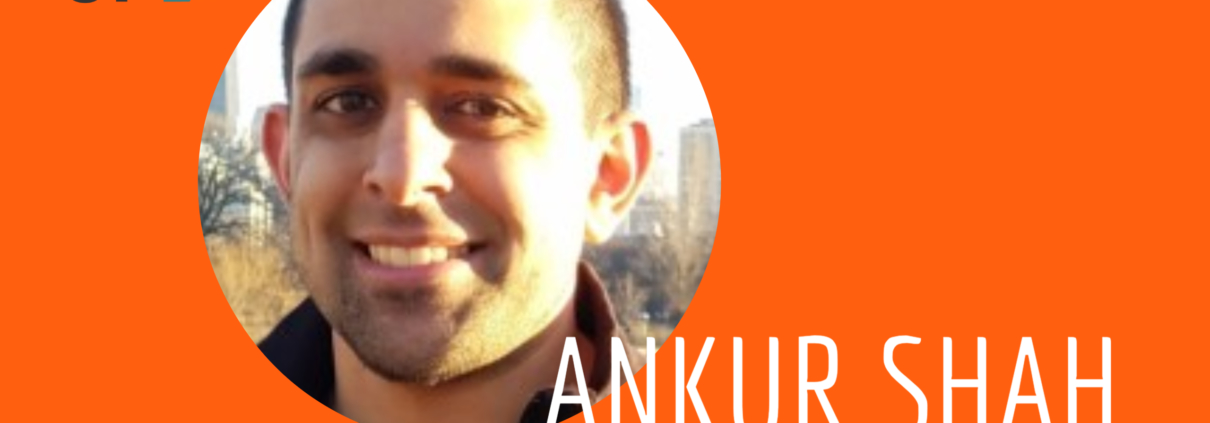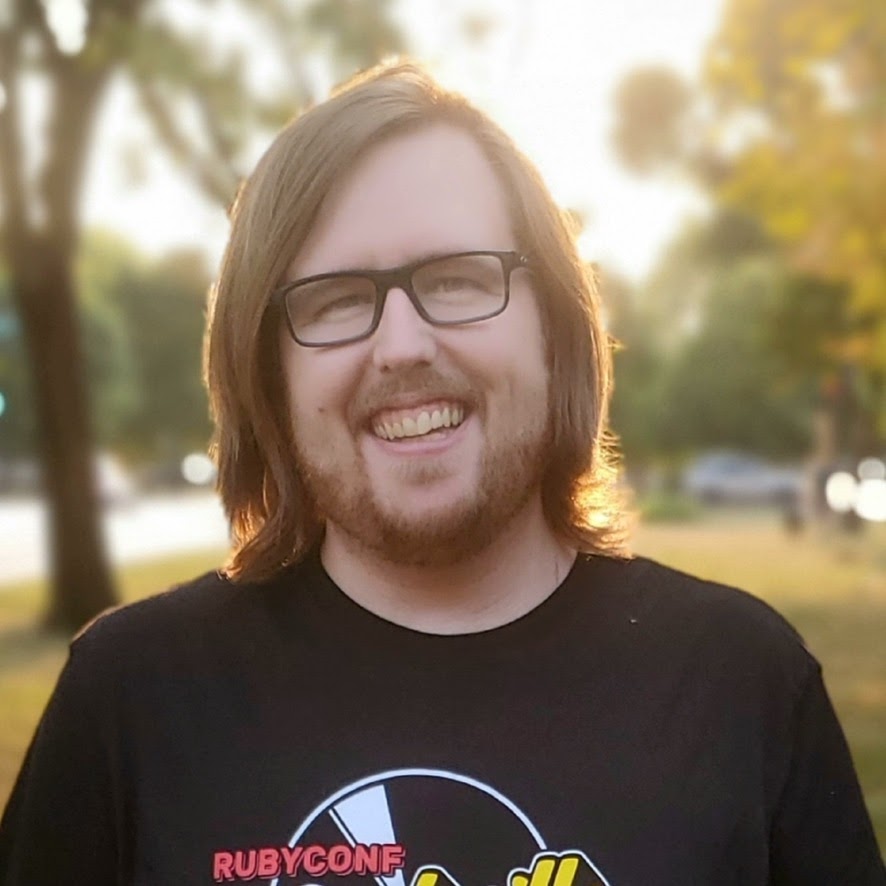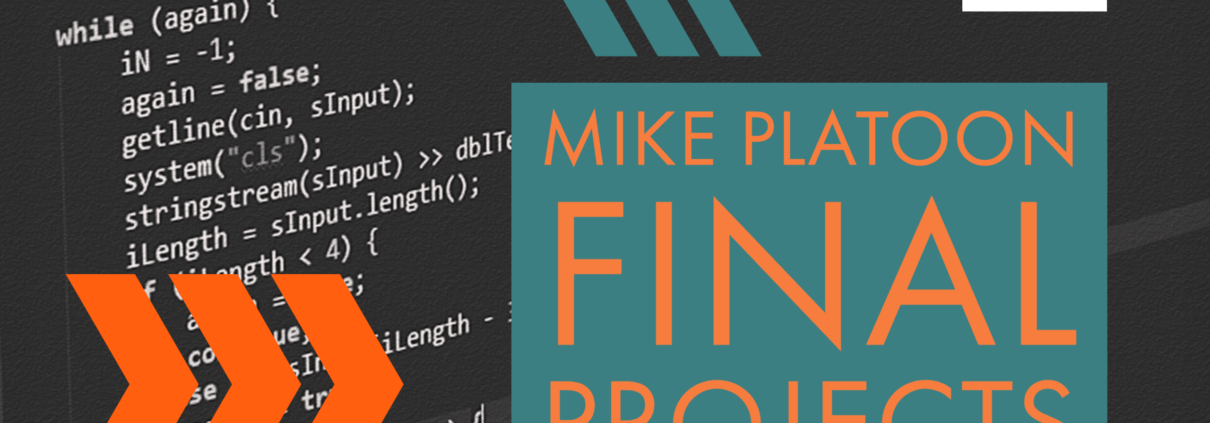Have you ever read articles with titles like “Best Jobs for Veterans” or “Top 10 Career Fields After Your Military Service”? I did and came up with a few common themes worth digging into —but from a Veteran perspective, which appears to be the angle missing from many of these articles.
Staying in step with Code Platoon’s theme of being honest and bringing you the bottom line without a lot of fluff, I’m going to review what seems to be the most common careers suggested for Veterans and offer you, dear reader, a straightforward take on what they mean for choices in your situation.
After comparing a few Veteran career lists, this one on Business Insider seems to reflect the most common career options, so I’ll base our take on it, even though I’m ultimately addressing a much broader scope. The Business Insider list just works as a solid launching point for this analysis.
Number one top career paths for Veterans: Healthcare.
According to Business Insider, “The healthcare profession allows Veterans to use skills they may have learned in the military and channel them into a rewarding, mission-based, and lucrative careers.”
My initial problem with this statement is that healthcare is about as vast a career category as one can get under one banner. It’s almost like saying “helping people” is a career. While healthcare is indeed noble, there are thousands of different career opportunities in this field.
Do you want to be a medical doctor? A nurse? Administration, technical support, or food services? These require substantially different educational paths to break into, so be aware of the intricacies involved.
If you are leaving the military with no college, these differences matter a great deal.
One example, despite it being one of the more challenging undergraduate degrees one could obtain, a person could be a nurse in less than four years. A career in nursing starts with solid pay, good benefits and offers a lot of opportunity for upward mobility if one continues their education. The average salary for a Director of Nursing is over $100K per year.
Compare this with a medical doctor, which would require 10+ years of schooling and fairly substantial debt but offers a large payoff in the long run.
While neither of these is “better,” per se—every individual has a different path—the differences must be appreciated, especially considering that both options relate directly to patient care. A career in healthcare marketing or human resources department would have substantially different requirements. A veteran leaving the military would need to be aware of these to focus their path a little better than just “healthcare.”
Number two: Law Enforcement.
Careers in law enforcement are not at the top of any “most common” lists for Veteran careers, it is the one career that is mentioned on every list, so it’s worth covering.
There are two things to note when discussing law enforcement as a possible career path. First, if you are going into it for the right reasons (more on this with number two), it is a noble career and one that can be rewarding for a very long time. I personally have several friends in this field (and was associated with it myself for a short time), and the stories they have of helping people in a time of need are countless.
Second, however, it is often quite a different job than what many military Veterans think it is. Relating to the “right reasons” caveat just mentioned, if you believe you’re a good fit for the role of a police officer because you can handle a firearm well and your grappling skills are highly developed, then those are decidedly not the right reasons.
Being a police officer is not about carrying a gun, looking tacti-cool, and shooting bad guys. Although that may happen, it is the exception to the norm. So, don’t go after this career if “shooting bad guys” is your primary motivation.
If that is what is driving you, I encourage another option.
Number three: Software development.
Of course, you may be thinking that we’re including software development simply because this is what Code Platoon offers a path towards. Regardless, software development legitimately makes every top Veteran career list I’ve found, at least in some form (sometimes they just have “IT professional” as the title). Let’s face it: careers in tech are not only here to stay, but they are also growing rapidly and influencing nearly every imaginable area of commerce.
But at the foundation of every tech job, whether it be cybersecurity, data analytics, or software development, lies a coding language like Python or JavaScript that holds it all together. And those who know how to write the code hold the keys to the kingdom, so to speak.
I get a lot of questions about whether or not we have courses in areas like cybersecurity or data analytics. Here’s the short answer: no, but it’s much easier to move from code writing into those areas than the other way around, and there are a lot more opportunities open if you start here.
Software development—and the coding necessary to do it—is crucial to our economy moving forward. Just think about the restaurants that were able to weather the proverbial COVID storm—they had apps available that allowed customers to order food remotely, or they were quickly involved with GrubHub or DoorDash (both of which are entirely reliant on up-to-date software).
All tech jobs rely on computer code at some level, so, naturally, those most fluent in coding languages like Python or JavaScript will be continually in-demand. And in-demand means more money and better choices of where to work.
How’s that for stepping up in the world after spending a year or two in the desert?
Greg Drobny is a former Airborne Infantryman, PSYOP Team Chief, political consultant, professional mil blogger, and is Code Platoon’s Student Outreach Coordinator. He holds a BA in history, a Masters of Science in organizational psychology, and is currently pursuing an MA in history. He is married with four children who keep him more than slightly busy and is passionate about helping Veterans find their paths in life and develop the skills needed to pursue their goals.

